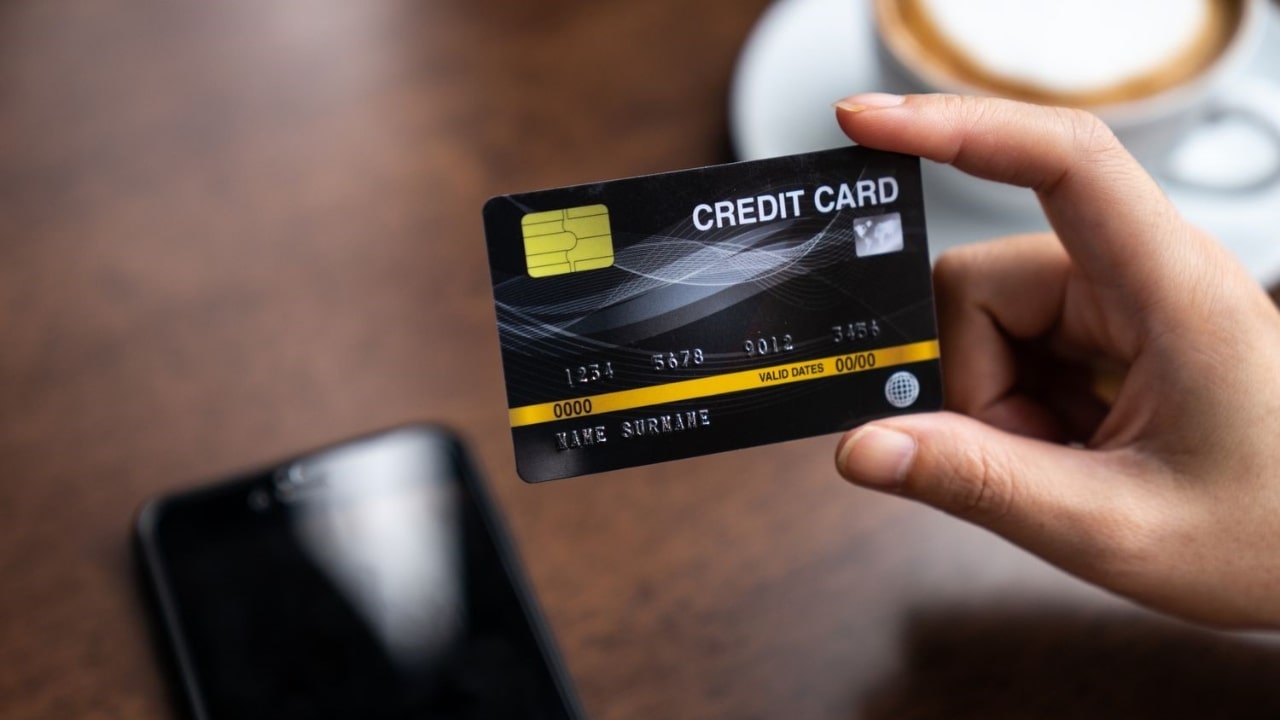Prepare your teenagers for the world of plastic by educating them on the advantages and disadvantages of using credit cards.
Teenagers love to spend money. The credit companies have noticed and are doing everything they can to attract them. Although CFPB laws prevent your children from getting credit cards without your permission, that doesn’t stop them from constantly nagging you to get your card.
While most teens don’t fully understand the consequences of using a credit card and its impact on their future financial situations, more teens are working and spending their own money. The credit companies think they have hit the nail on the head.
That means it’s essential for parents to help teens understand the cost of credit and how to use it wisely early on. The following tips can help give your teens a head start on credit.
Get your child a checking account FIRST to help them master the basics.
In addition to giving you more supervision, a checking account will provide your teens practice with financial literacy. Teens can learn to balance their budgets and keep track of spending. This introductory course is crucial in your preparation for debit and credit cards. Teach them key banking terms. Good banking practices will lead to good credit practices.
Teach them to keep their cards safe and the secret PIN hidden.
Teens should be taught that an ATM card is cash and should be treated as such. Although they look like credit cards, they have a secret PIN that must be kept private. If credit or ATM cards are lost or stolen, this situation should be reported immediately to the credit card company or issuing bank. Also, review purchases and statements to ensure all assets are tangible and authorized and that hackers haven’t gotten hold of your card.
Once your training has you rolling, get a credit card from a local retail store or bank.
Once your teens have mastered the basics of keeping track of money in the bank, credit cards can be introduced. Parents can apply for a joint credit card at a local retail store or bank. Make it clear that it is not free money and has to be paid back with interest. Please give them a lesson on interest rates and how they are calculated.
Emphasize the importance of paying the balance fully before the grace period expires. Encourage your teens to always read and understand the terms on their cards. Key messages and essential conditions may be in the “fine print”.
Ensure they understand the credit card’s purpose.
Your child should know that the card is reserved for emergencies or certain specific purposes, such as school supplies, clothing, or shoes. Establish an amount of money that indicates how much you can spend for each goal.
If you exceed that limit, it should be grounds for punishment or confiscation of the card. On the other hand, paying over the credit limit is a sign your child isn’t ready to handle a credit card.
Teach them that just because it’s offered doesn’t mean you have to accept it.
By the time your child turns 18 or even before their 18th birthday, credit card offers will bombard their mailbox, and that’s because teens can apply for their card on their 18th birthday. Parents, therefore, should be especially vigilant. If you or your teen decides to accept an offer and apply, make sure the credit card issuer fully discloses federal laws to your teens regarding their rights and obligations regarding using credit cards.
Fortunately, the new legislation prevents anyone under 21 from obtaining credit unless they can prove that they receive income from some employment. It also asks banks to disclose costs, such as annual fees and finance charges. This helps teens, as new users, avoid the debt traps that have caused so much trouble in the past.
Explain the importance of a good credit history.
Your child’s credit score determines their creditworthiness. Teens must be taught the importance of a credit score and the repercussions of a bad credit history. Federal government mandates allow everyone to get one free credit report a year, so teaching your teens how to pull their words and interpret the results is essential. Check for errors and report any inaccuracies to the credit bureaus.
Get them to pay their bills.
In general, adolescents are laxer when spending their money and, on the other hand, show more significant moderation in spending when the money is their own. If your teens have a job or receive a subsidy, a great way to teach them responsibility is to have them pay off part or all of their credit card balances. If you succeed, you will lead them to appreciate the value of money.
The Internet, teens, and credit cards can be an unsettling combination.
The vast reach of the Internet, combined with the convenience of purchasing a credit card, can be a recipe for disaster. Monitor the sites your children visit and the orders they are placing online. Teach them to spot credible sites and how hackers constantly lurk in the Internet’s shadows. Always check your teen’s credit card statements.
Teach them to delay instant gratification.
Today owning a credit card is seen as a necessity or a rite of passage. Our teens are bombarded with compelling messages like “buy now, pay later.” Teach your teens to delay gratification and encourage them to save for their needs. If you can’t afford to pay cash, you shouldn’t be making that purchase! Remember that your teens will be watching, so use your credit wisely; The best teaching is the example.











